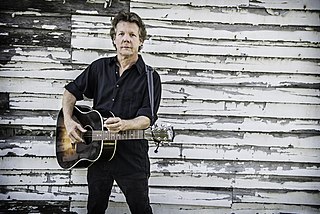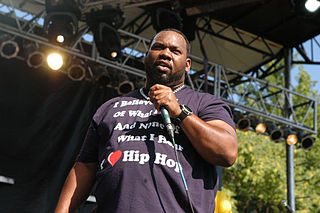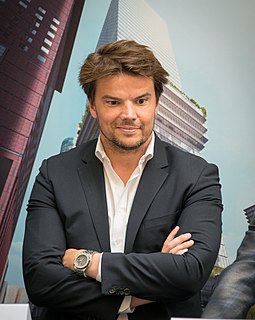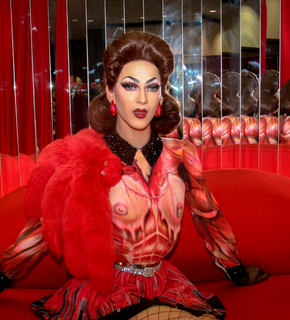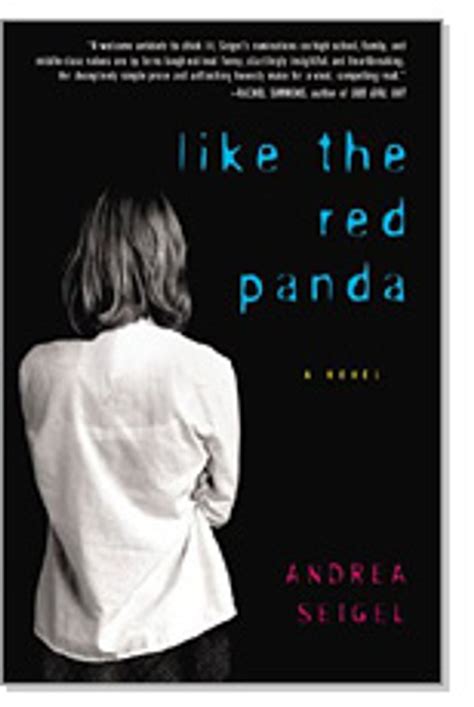A Quote by Yoko Ono
I have been known as the minimal and conceptual artist for over five decades. I think I haven't changed much.
Quote Topics
Related Quotes
The notion about education has changed and that now it’s sort of much more aligned with, “Well, schools can’t combat poverty. We can’t possibly expect schools to do the work to overcome poverty.” I think that notion which has changed over the last few decades is part, not all, but part of what is maybe leading to people feeling less of a sense of possibility.
He [Donald Trump] is a tough boss. I've known him for decades. He hasn't changed very much. He's a driven person, highly intelligent, and he's very motivated, very charismatic, and he is tough as nails in the sense there's no slack there. You can't put anything over on Donald. Donald can see right through someone trying to dissemble or spin stuff.
People who look at art don't really - don't go with the artist. They don't sort of accept what he or she has done and kind of go with it. There are always - either there's too much color or not enough color, either it's not conceptual enough or it's too conceptual. In other words, most criticism isn't what the viewer expected that it would do based on what they think you have done and that's good as far as I'm concerned.
I think that, right now, I am travelling in many different directions in my mind, on where I wanted to be. So much is wantin' to go back, but I still gotta move forward. But I think it's just that I'm my worst critic at all times, you know? And when I make somethin', it may be five or ten cuts later before I actually call it what it is. I've always been that kind of artist. I'm gonna put myself through the sweat for it, because I think, as an artist, that's what made me iller, is the fact that I didn't wanna just put out anything and everything. It's just a process, you know what I mean?
The great artist when he comes, uses everything that has been discovered or known about his art up to that point, being able to accept or reject in a time so short it seems that the knowledge was born with him, rather than that he takes instantly what it takes the ordinary man a lifetime to know, and then the great artist goes beyond what has been done or known and makes something of his own.
It's very common to think that we're always evolving, that we've changed so much from our younger selves, that within decades we've transformed into these different people. We like to think that. I feel in some ways that I am still so much my younger self. There are ways that I'm different: I feel like I'm wiser and kinder. But I think a lot of the impulses are still the same. I learned that.

